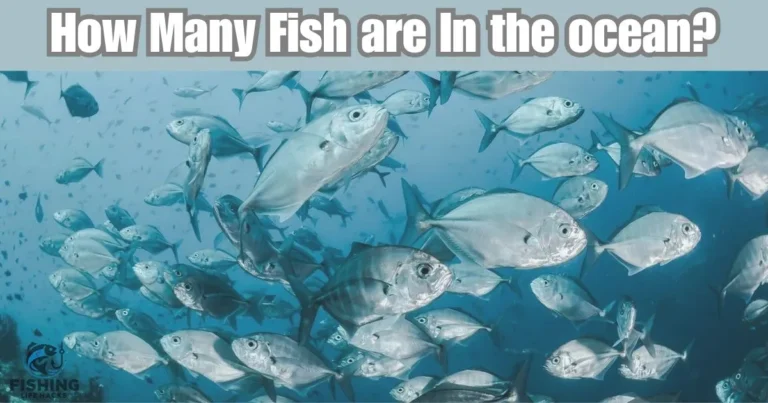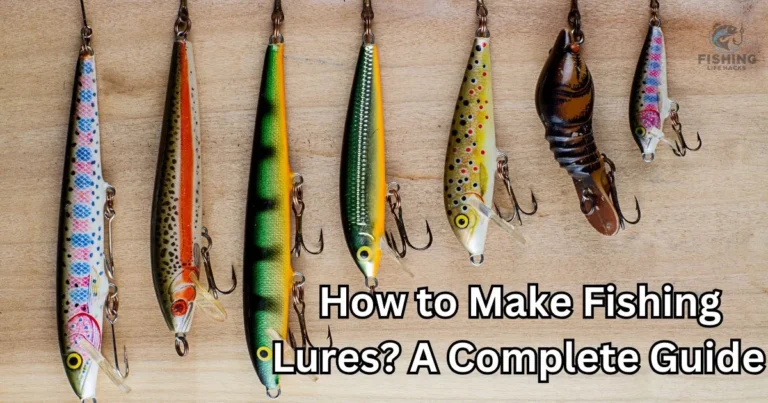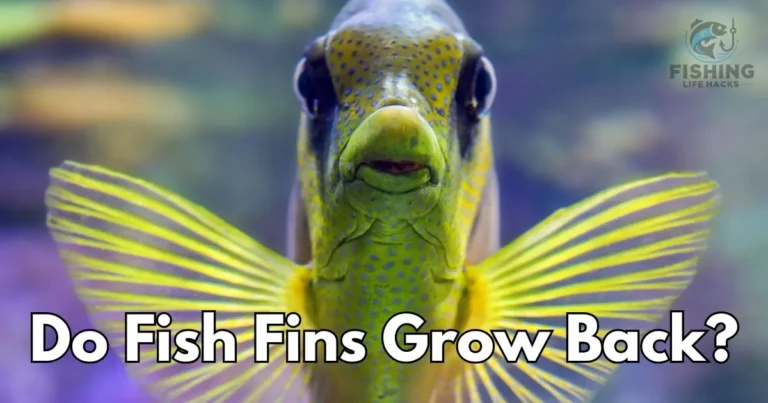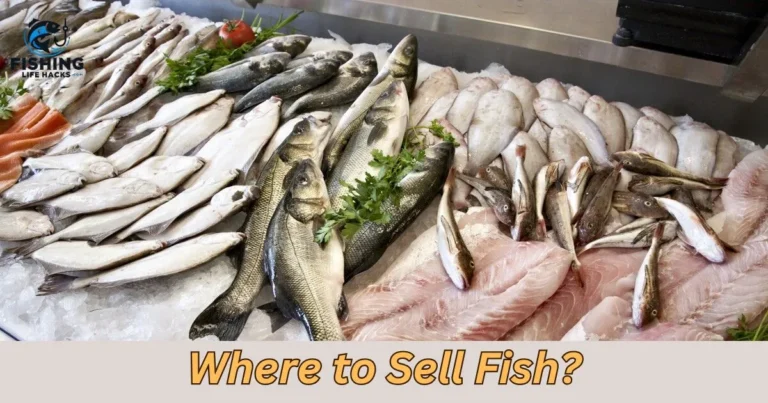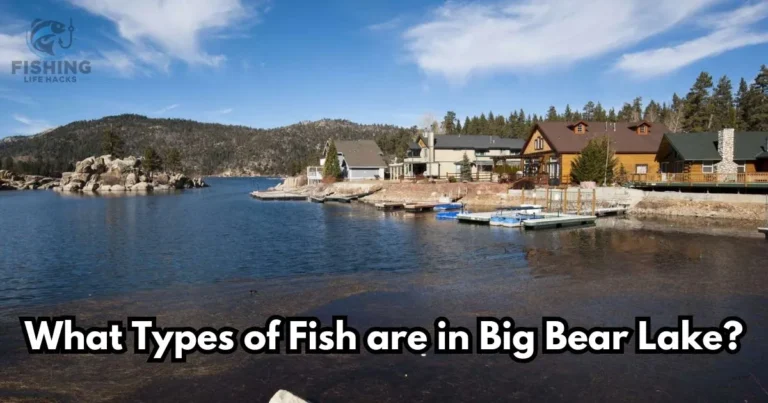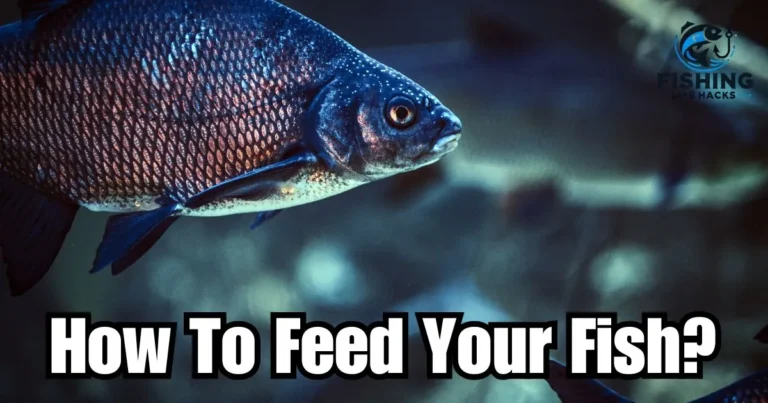Washington Fishing License: Step-by-Step Complete Guide
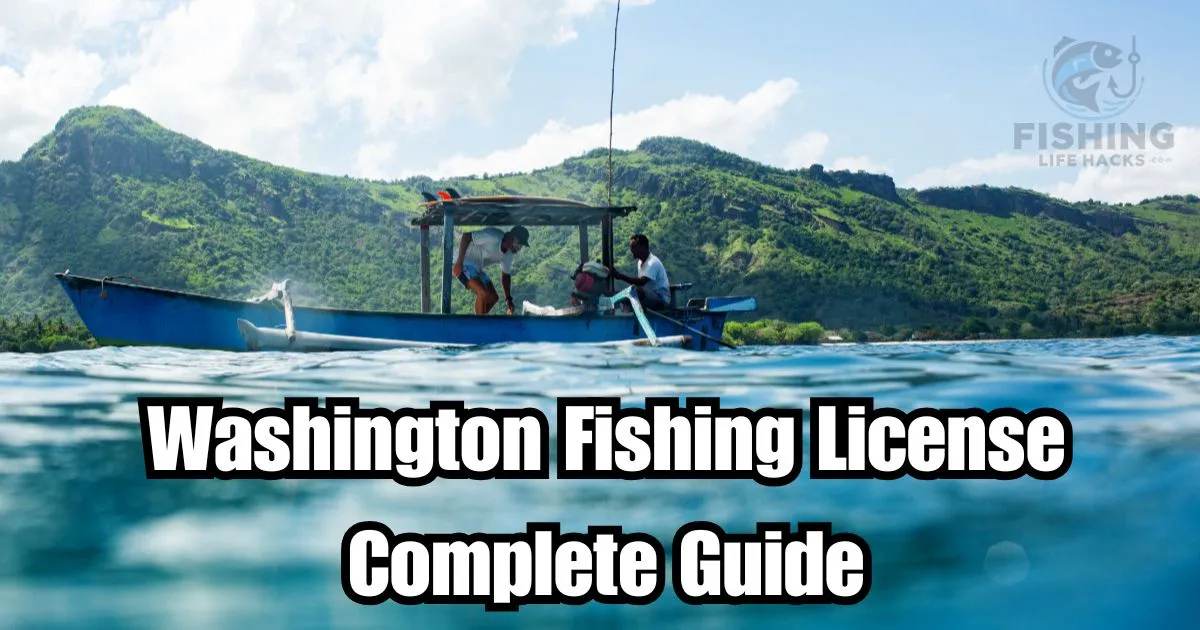
Washington is a haven for anglers, boasting diverse fishing opportunities across its lakes, rivers, and coastal waters. The state offers something for everyone, from trout in mountain streams to salmon runs in the Pacific Northwest. With year-round fishing options and stunning natural landscapes, Washington is a top destination for both recreational and professional anglers.
A fishing license is more than just a requirement; it’s a way to support the conservation of Washington’s aquatic resources. License fees help fund fish stocking programs, habitat restoration, and the management of fishing regulations. By obtaining a license, you ensure sustainable fishing for future generations while avoiding fines and penalties.
Who Needs a Washington Fishing License?
In Washington, most individuals who fish in public waters need a valid fishing license, regardless of whether they are residents or non-residents. The license ensures compliance with state regulations and contributes to the conservation of aquatic resources.
Residents and Non-Residents
Both residents and non-residents must obtain a fishing license to legally fish in Washington. However, license types and costs may vary based on residency status and the duration of fishing activities.
Exceptions
Certain groups are exempt from needing a fishing license:
- Youth: Children under 15 years old can fish without a license but may still need a free catch record card for specific species.
- Seniors: Washington residents aged 70 and older may qualify for discounted or specialized licenses.
- Veterans and Persons with Disabilities: Eligible individuals may receive reduced fees or exemptions under specific programs.
Types of Washington Fishing Licenses
Washington offers a variety of fishing licenses to suit different needs. Here’s a breakdown:
Resident Licenses: Options and Eligibility
Residents of Washington can choose from several license options, including:
- Freshwater Fishing License: For fishing in lakes and rivers.
- Saltwater Fishing License: For fishing in coastal waters.
- Combination License: Covers both freshwater and saltwater fishing.
To qualify as a resident, you must have lived in Washington for at least 90 days and provide proof of residency, such as a driver’s license or utility bill.
Non-Resident Licenses: Options and Eligibility
Non-residents have access to similar license types, including freshwater, saltwater, and combination licenses. These are priced higher than resident licenses but offer the same fishing privileges. Proof of identity, such as a government-issued ID, is required.
Short-Term and Annual Licenses
For both residents and non-residents, Washington offers:
- Short-Term Licenses: 1-day, 2-day, or 3-day options, ideal for occasional anglers or tourists.
- Annual Licenses: Best for regular anglers, providing year-round access to Washington’s fishing waters.
Cost of a Washington Fishing License
Detailed Breakdown for Residents
Residents enjoy lower pricing for fishing licenses in Washington. The costs typically include:
- Annual Freshwater License: $30.05
- Annual Saltwater License: $30.05
- Combination License (Freshwater + Saltwater): $55.35
- Shellfish/Seaweed License: $17.40
- Short-Term Licenses: $8.05 for a 1-day license (additional days cost extra).
Detailed Breakdown for Non-Residents
Non-residents pay higher fees to fish in Washington. Here’s a breakdown:
- Annual Freshwater License: $84.50
- Annual Saltwater License: $84.50
- Combination License (Freshwater + Saltwater): $139.10
- Shellfish/Seaweed License: $36.10
- Short-Term Licenses: $20.15 for a 1-day license (additional days cost extra).
Additional Fees and Surcharges
When purchasing a fishing license, you may encounter extra fees:
- Processing Fees: Typically a few dollars for online or retail transactions.
- Puget Sound Crab Endorsement: $8.75 (required for crabbing in Puget Sound).
- Catch Record Cards: Free for certain species but mandatory to carry and report.
- Penalty Fees: Additional costs apply if catch reports are submitted late.
How to Get Your Washington Fishing License
Obtaining your Washington fishing license is a straightforward process. Here are the most convenient ways to get yours:
Online Options and Official Portals
You can purchase your fishing license online through the official Washington Department of Fish and Wildlife (WDFW) website. The platform is user-friendly and allows you to select the license type, pay securely, and print your license instantly.
Authorized Retailers and Physical Locations
For those who prefer in-person transactions, fishing licenses are available at numerous authorized retailers. These include sporting goods stores, bait shops, and some larger retailers. You can also visit WDFW offices to purchase your license directly.
With these simple options, you can ensure you’re ready to enjoy Washington’s fishing adventures without any hassle.
Special Rules and Additional Requirements
Fishing in Washington comes with specific rules designed to protect the environment and ensure sustainable fishing practices. Here’s what you need to know:
Catch Limits, Reporting Requirements, and Gear Restrictions
- Catch Limits: Each species has a set daily and possession limit. Always check the latest Washington Department of Fish and Wildlife (WDFW) regulations for updates.
- Reporting Requirements: Certain species, like salmon and steelhead, require anglers to record their catches on a catch record card. Accurate reporting helps manage fish populations effectively.
- Gear Restrictions: Only approved gear, such as barbless hooks for some species, is allowed. Using prohibited equipment can result in fines or penalties.
Seasonal Regulations and Protected Species
- Seasonal Regulations: Fishing seasons vary by species and location. Be aware of opening and closing dates to avoid illegal fishing.
- Protected Species: Some fish, like bull trout and wild salmon in specific areas, are protected and must be released if caught. Familiarize yourself with species identification to avoid accidental violations.
What to Do if You Lose Your License
Losing your Washington fishing license doesn’t mean the end of your fishing plans. Here’s how you can quickly get a replacement:
Steps to Obtain a Replacement
- Visit the Washington Department of Fish and Wildlife (WDFW) website or an authorized license dealer.
- Provide your personal information, such as your name, date of birth, and identification details.
- Request a replacement for your lost license, either online or in person.
Associated Fees and Timelines
- A small replacement fee is required, usually around $10.
- If you apply online, you can print a temporary license immediately, while the physical replacement may take a few days to arrive.
- In-person requests are often processed on the spot at authorized dealers.
Top Fishing Locations in Washington
Washington is a haven for anglers, offering a wide variety of fishing spots across its lakes, rivers, and coastal areas. Here are some popular locations to consider:
1. Popular Lakes
- Lake Washington: Known for bass and cutthroat trout fishing, especially in the summer.
- Banks Lake: A hotspot for walleye and smallmouth bass.
- Riffe Lake: Ideal for catching landlocked coho salmon and trout.
2. Scenic Rivers
- Columbia River: Famous for salmon and steelhead runs, particularly during fall.
- Yakima River: A prime destination for fly fishing, offering an abundance of rainbow trout.
- Skagit River: Known for its steelhead and Chinook salmon opportunities.
3. Coastal Waters
- Puget Sound: Offers year-round fishing for salmon, halibut, and crab.
- Westport: A premier location for deep-sea fishing adventures.
- Grays Harbor: Popular for its diverse species, including sturgeon and bottom fish.
Tips for Selecting the Best Spots
- Consider the Season: Certain fish, like salmon and steelhead, are more active during specific months. Research seasonal runs before planning your trip.
- Check Local Regulations: Each fishing area may have unique rules regarding catch limits and gear. Ensure you comply with all requirements.
- Evaluate Accessibility: Some locations are remote and may require hiking or boating. Plan accordingly for a smooth experience.
- Use Resources: Online maps, fishing forums, and local fishing reports can help identify productive spots.
Fishing Charters in Washington
Fishing charters in Washington provide a unique and guided experience, perfect for both beginners and seasoned anglers. These charters take you to the best fishing spots, offering expert knowledge and equipment, ensuring a successful outing. Whether you’re targeting the renowned salmon runs or exploring pristine freshwater lakes, these services provide a hassle-free way to enjoy the state’s diverse fisheries.
Top-Rated Charters and Services
1. Miller’s Sportfishing
Known for its exceptional service and experienced guides, Miller’s Sportfishing offers memorable trips targeting salmon, sturgeon, and other local species.
2. Fall Chinook – Beacon Rock State Park (Sept/Oct)
A seasonal favorite, this charter specializes in the Fall Chinook run at Beacon Rock State Park, providing expert guidance for one of the most exciting fishing seasons.
3. Chrome City Guide Service LLC
Chrome City Guide Service excels in both freshwater and saltwater fishing, offering tailored trips for those seeking a variety of fishing adventures.
4. Messin’ Around Fishing Charter
Offering guided trips with a focus on fun and relaxation, Messin’ Around Fishing Charter specializes in family-friendly outings for anglers of all skill levels.
Tips for a Successful Fishing Experience
Gear Preparation and Safety Tips
Before heading out, make sure your gear is in top condition. Check rods, reels, hooks, and lines for wear and tear. Bring proper bait and tackle suited for your target species. Always pack essentials like sunscreen, a hat, and water to stay hydrated. A first aid kit, a flashlight, and a life jacket are also crucial for safety, especially when fishing from a boat.
Washington’s Fishing Culture and Etiquette
Respecting nature and fellow anglers is key in Washington. Always follow local fishing regulations, including catch limits and protected species rules. Practice “Catch and Release” where appropriate, and be mindful of your impact on the environment. Leave no trace by cleaning up after yourself, and be considerate of other fishermen by keeping noise levels down and sharing prime spots fairly.
Frequently Asked Questions
Conclusion
Fishing in Washington is more than just a hobby; it’s an experience that connects you to the state’s stunning natural beauty. Whether you’re a resident or a visitor, obtaining a fishing license is a simple step toward enjoying these waters responsibly. By understanding the license requirements, costs, and local regulations, you can ensure a smooth and enjoyable fishing adventure. Be prepared, respect the environment, and make the most of your time on the water!

